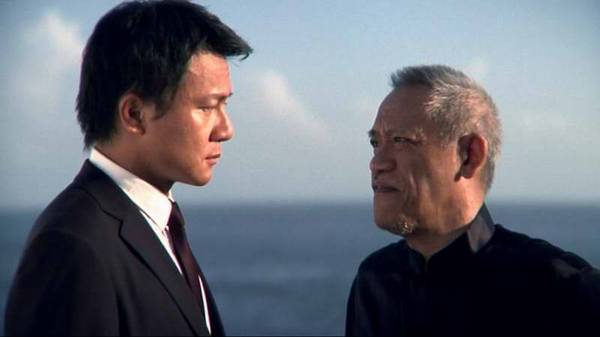| Chee Keong Cheung:
Working with all of them absolutely helped and working as a director, you kind of have to adapt. You need everyone to understand your vision irrespective of the country you’re in, you need to bring everyone on the same page and you need to maximise time. Yet, this challenge of communication and different styles and approaches is universal, in any country that can happen and one needs to embrace that. As a director, the key is to convey your ideas to your team to create the environment to tell the story.
We shot for about two weeks in HK. It’s a different pace than in the UK. It was certainly an intense shoot and hopefully people will be impressed with what we achieved.

Mike Leeder and his Co-producer Ean Tang really made the HK shoot possible. As I mentioned earlier, they brought so many talented individuals together both in front and behind the camera and to have their experience and the experience of the crew for the film was great. Henry Chung has a great eye. The HK sequences he photographed were very visual and vibrant.
I noticed, when you live in London, you take London for granted. So often you don’t tend to show all of London or maybe forget to in a film. In HK, I wanted to film these big exteriors [representative of the HK cityscape], yet similar, for people living in HK, it’s just HK so maybe to some degree they also take it for granted.
When I was in HK, I would see a location, like a rooftop or a street and would go “OK, we don’t need any dressing here.” The place [itself] adds some production value. Like someone in the street pushing a trolley, I like to keep that on camera, rather than clearing it. From my point of view, that’s what made the film more fresh and unique. As a director I always look at ways to maximise what is available and also give the film more production value and make the film look bigger than it is. When working with a limited budget this is particularly important and you want to show off the diverse and eclectic mix of locations.
|
